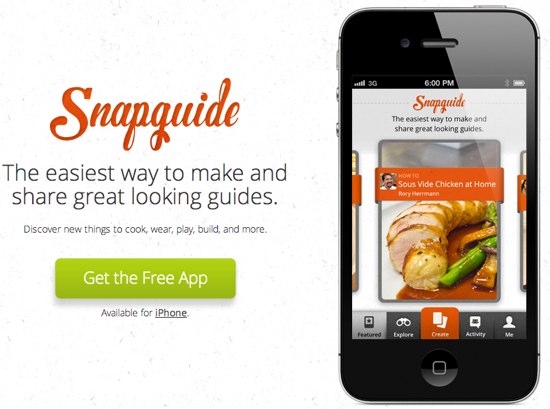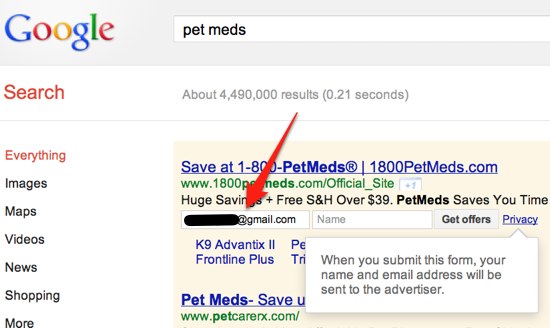 If you’ve read my stuff over the years you know that I love simple things that work well.
If you’ve read my stuff over the years you know that I love simple things that work well.
If you sit down with me and after ten minutes of describing your company I have no idea what your product is, things aren’t going well. This actually happens in about 10% of pitches I hear.
If you sit down and say two sentences and then I start babbling about how awesome that is and repeating it to you in an understandable way and then suddenly I’m on my phone downloading your app or visiting your website, things are going much better.
So, Crowdcall. Yesterday Pat Gallagher and I had lunch with Randy Adams in Palo Alto (yes, he looks a little bit like Jeff Bezos). Randy is a tech legend – one of the first board members of Yahoo, the software architect of NeXT, founder of the ill-fated but audacious SearchMe, founding board member of Funny Or Die.
Randy’s involved with a new startup, CrowdCall. Here’s what it does – easy, free conference calls with your contacts, without the need for them to download an app, no service to sign up for, no new conference call numbers to store.
When you call someone you can just hit “add call” and get a bunch of people on the phone (this is how we do CrunchFund partner meetings). Or you can use CrowdCall, create lists of groups that you call frequently (think family, team meetings, etc.) and with a single click call all of them at once.
That’s it. You don’t even create an account when you download the app, and the people you call don’t need the app.
It’s brilliantly stupidly simple and it is clearly now one of the daily-use apps on my phone. CrowdCall isn’t going to change the world. But it fixes a problem in an uncomplicated way.
And now it’s spreading like crazy. All I did was tweet about it yesterday. NextWeb saw that tweet and posted about it. Then Life Hacker. Then CNet.
Whenever someone is called for the first time via the app, CrowdCall sends out a text message about the service to that person. They don’t send it out ever again. But that’s how the service is spreading virally.
Thank you, Randy, for showing me CrowdCall yesterday. I hope we become shareholders soon.
Image lifted from Cnet article linked above.

 When I see my quote about the
When I see my quote about the 